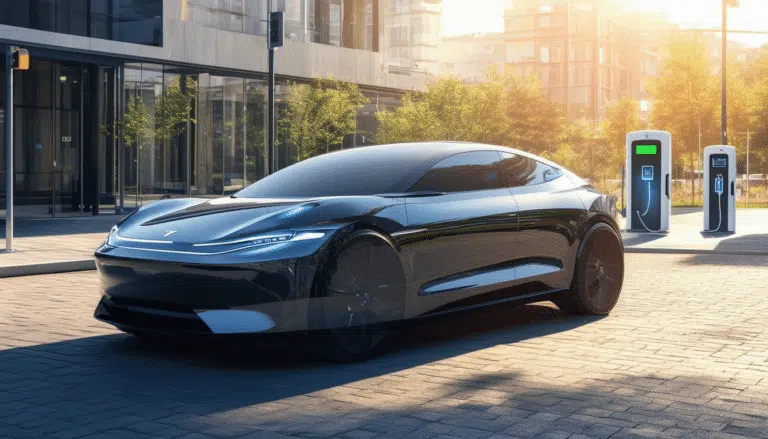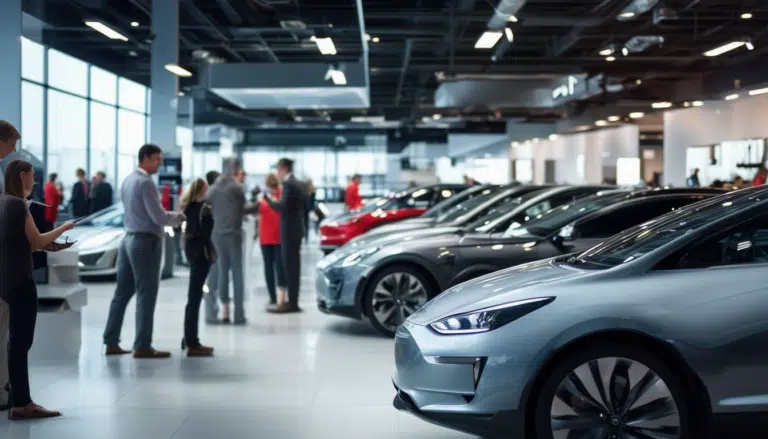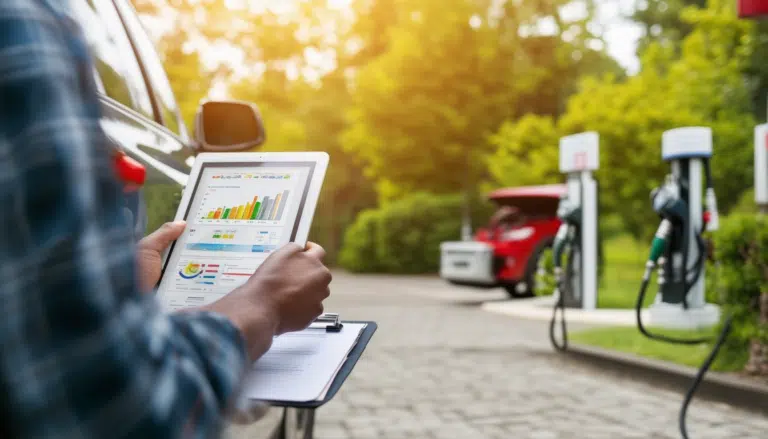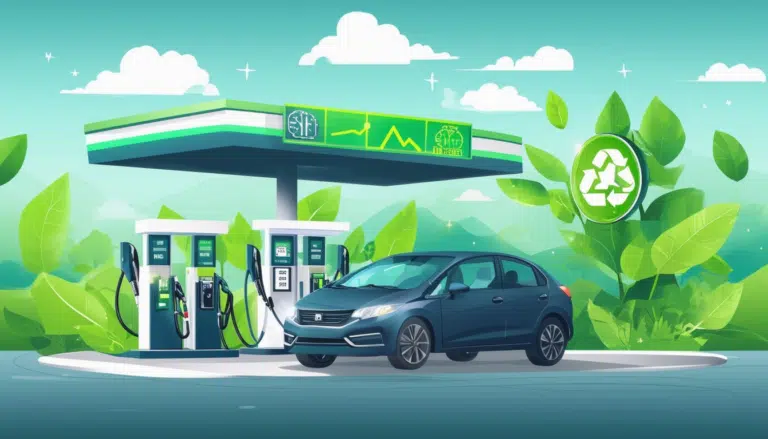Tips for improving your engine’s efficiency
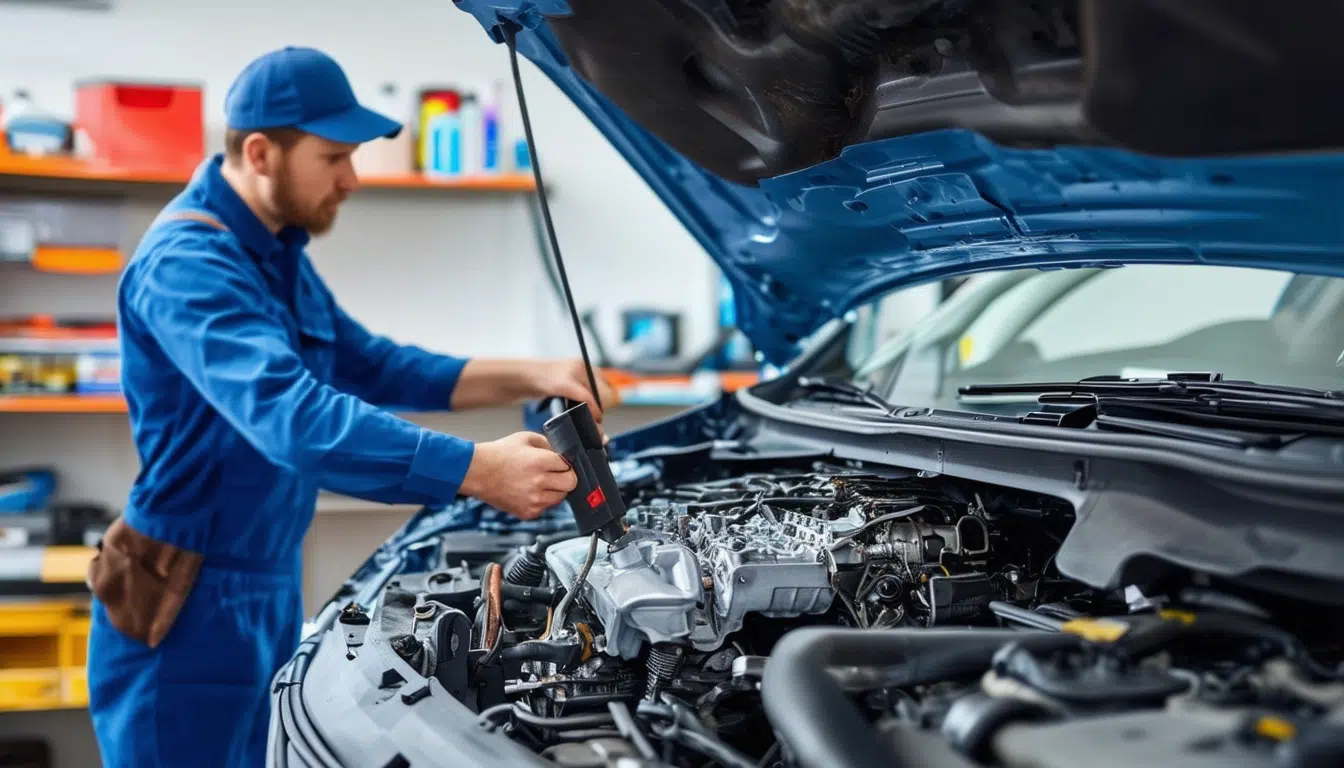
The efficiency of a vehicle’s engine is crucial for maximizing performance and reducing fuel consumption. With some practical tips, it is possible to optimize lubrication, maintain the filters in good condition, and perform appropriate preventive maintenance. Implementing these recommendations can result in a more powerful and efficient engine, helping drivers extend the lifespan of their vehicle and reduce harmful emissions.
The engine efficiency of a vehicle is essential for maximizing its performance and reducing fuel consumption. Below are several recommendations that will help you keep your engine in optimal condition, which will not only contribute to better functioning but will also allow you to save money in the long run. With these practical tips, you can ensure your engine’s good condition and enjoy more efficient driving.
Regular maintenance
One of the pillars for improving engine efficiency is performing regular maintenance. This includes periodic oil changes, which are essential for the proper lubrication of the engine. Clean oil allows for better functioning of internal components, reducing friction and wear. Be sure to consult your vehicle’s manual to know how often you should perform this change.
Filter changes
The air and oil filters play an important role in engine efficiency. It is advisable to check and change these filters regularly. A dirty air filter can restrict airflow, which will affect the fuel mixture and decrease power. On the other hand, a clogged oil filter prevents oil from flowing properly, affecting lubrication.
Tire control
The tire pressure is another factor that significantly influences engine efficiency. Keeping the tires inflated to the correct pressure reduces rolling resistance and improves fuel consumption. Additionally, check the condition of the tires and ensure that they do not show uneven wear that could affect driving and engine performance.
Engine technology
Technological advances have enabled the development of more efficient engines. Consider opting for a vehicle with a modern injection system, which optimizes fuel consumption by precisely measuring the amount needed for efficient combustion. Keeping this system in good condition is crucial to ensuring optimal performance.
Efficient driving
Adopting an efficient driving style can significantly improve fuel economy. Avoid sudden accelerations and abrupt braking. Maintaining a constant and moderate speed contributes to lower consumption. Additionally, plan your routes to avoid congestion and unnecessary trips. Use the air conditioning moderately, as excessive use can increase fuel consumption.
Use of quality fuels
Selecting the right fuel is vital for engine efficiency. Always choose quality fuels that meet your vehicle’s specifications. Low-quality fuel can not only affect performance but can also cause long-term damage to the injection system and other engine parts.
Prevention of overloads
Removing unnecessary weight from the vehicle can contribute to better efficiency. Every extra kilo you carry reduces fuel efficiency, so make sure not to transport items you don’t need. Regularly check the trunk and the interior of your car to get rid of any unnecessary load.
Periodic reviews
Finally, performing periodic reviews with a trusted mechanic is key to keeping the engine in good condition. Timely diagnostics can prevent more significant issues that affect engine efficiency and, consequently, fuel consumption. Don’t hesitate to check the electrical systems, injection systems, and any other critical components.
For more information on optimizing your engine’s performance, you can check out these practical links: save fuel and maintenance, secrets of German drivers, energy saving optimization, myths and realities of fuel expenditure, and energy efficiency measures.
Improving the efficiency of your vehicle’s engine is not just a matter of making mechanical adjustments, but also of adopting maintenance habits that ensure its optimal functioning. Starting this process requires performing periodic oil changes, which are essential to ensure that the engine’s internal parts function smoothly. Clean oil allows for better lubrication, reducing wear and increasing engine durability.
The importance of checking and changing the filters regularly should not be underestimated. Worn air and fuel filters can restrict the necessary flow for proper performance, causing the engine to work harder and consume more fuel. By replacing these filters on time, fuel efficiency and overall engine performance can be improved.
Additionally, keeping the tire pressure adequate is an aspect that is often overlooked. Under-inflated tires increase rolling resistance, which translates to higher gasoline consumption. By maintaining the correct pressure, not only is engine efficiency improved, but a safer and more comfortable driving experience is also ensured.
Finally, adopting an efficient driving style can have a significant impact on engine efficiency. Avoiding sudden accelerations and maintaining a constant speed are practices that help reduce fuel consumption and engine wear. While these changes may seem small, their accumulation can lead to a noticeable increase in your vehicle’s performance and longevity, making every trip more economical and environmentally friendly.

